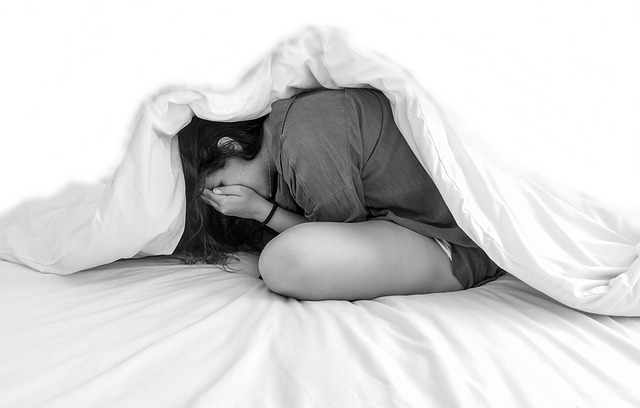Anxiety Coping Skills for Teens: Practical Strategies for Relief
Understanding Anxiety in Teens
Anxiety is a common experience for teens, especially during their teenage years when new challenges and stressors appear. From academic performance pressures to peer pressure and social interactions, teens often face situations that can trigger anxiety symptoms. It’s essential for them to have access to valuable tools and anxiety coping skills that allow them to handle their emotions in a healthy way, build resilience, and foster a growth mindset.
The Importance of Coping Skills for Teens
Coping skills empower teens to manage stress and emotions effectively. These skills can make a significant difference in overall well-being, reducing anxiety symptoms and helping teens develop a positive self-image. Let’s explore some of the most effective coping strategies for managing anxiety in teens.

1. Recognizing Anxiety Symptoms in Teens
Understanding what anxiety looks like in teens is the first step toward addressing it. Anxiety symptoms can appear as physical symptoms such as shallow breathing, racing thoughts, and physical feelings of tension or discomfort. Additionally, anxiety can manifest through anxious thoughts, low self-esteem, and even social anxiety disorder.
2. Identifying Anxiety Triggers
Different situations can act as anxiety triggers for teens. These may include taking tests, social gatherings, and new or unfamiliar situations. Paying attention to what situations make teens feel anxious helps in identifying patterns and creating strategies to reduce anxiety.
3. Practicing Deep Breathing Techniques
One of the most effective tools for reducing stress and managing anxiety is deep breathing. Deep breathing exercises are easy to learn and help calm the body’s stress response, including lowering stress hormones. Practicing these exercises for a few minutes each day can lead to lasting effects.
4. Mindfulness Techniques for Stress Relief
Mindfulness involves paying attention to the present moment without judgment. By focusing on breathing or grounding exercises, teens can shift their focus away from racing thoughts and anxious moments. Mindfulness techniques like mindful breathing and body scanning help calm the nervous system and reduce anxiety.
5. Physical Activity as an Anxiety Coping Mechanism
Physical activity plays a vital role in anxiety management. Engaging in regular exercise like walking, running, or yoga releases stress-relieving hormones and is a valuable tool in managing both physical symptoms of anxiety and emotional stress.
6. Encouraging Positive Self-Talk
Anxiety often causes negative self-talk, which can lead to a fixed mindset and lower self-esteem. Teaching teens to replace negative self-talk with positive self-talk encourages a growth mindset. Reminding themselves of their strengths and positive qualities helps improve mental well-being.
7. Practicing Coping Skills for Specific Situations
Different stressful situations call for specific coping skills. For example, deep breathing exercises and grounding techniques can be especially helpful when facing social anxiety disorder or generalized anxiety disorder. Preparing for certain situations with targeted coping strategies can empower teens to handle difficult moments.
8. Managing Anxiety Through Lifestyle Changes
A few lifestyle changes, like maintaining a regular sleep schedule, eating a balanced diet, and staying hydrated, can reduce stress levels and improve overall mental health. Small changes in daily habits can play a significant role in managing anxiety over time.
9. Seeking Support from Family Members and Peers
Teens should be encouraged to seek support from family members, friends, or a safe space where they feel comfortable. Having a support network in place provides a valuable tool for coping with anxiety and promotes a sense of well-being and security.
10. Knowing When to Seek Professional Help
If anxiety becomes overwhelming or if anxiety coping skills alone aren’t sufficient, seeking professional help from a licensed mental health professional can be beneficial. Therapies like cognitive-behavioral therapy (CBT) are effective interventions for managing severe anxiety symptoms and developing lasting coping skills.
11. Setting Realistic Goals and a Growth Mindset
A growth mindset helps teens approach challenges with optimism and resilience. Setting achievable goals can help teens see progress in their efforts, leading to a positive outlook and increased mental well-being.











